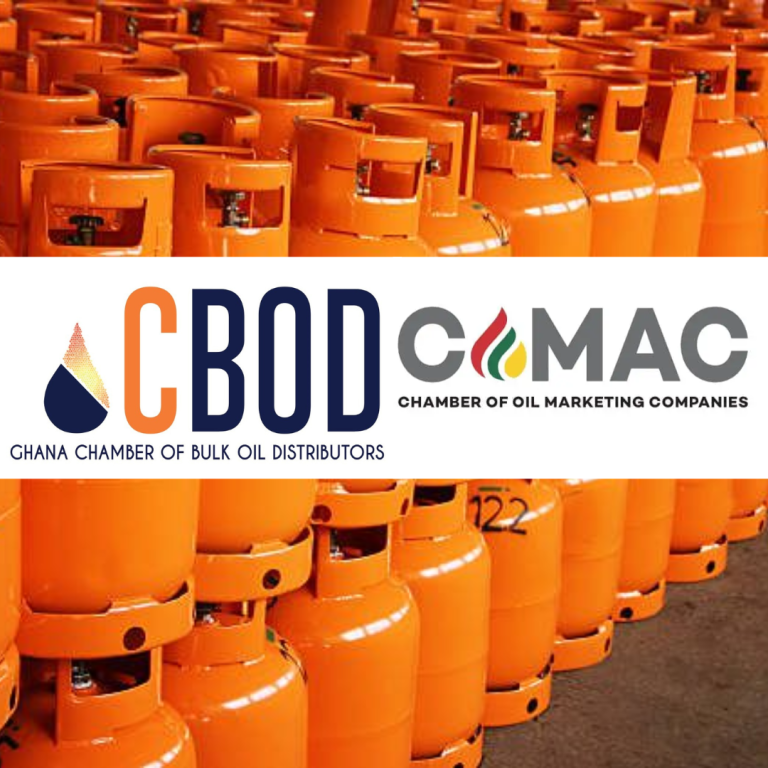Vitol, the world’s biggest independent oil trader, expects 2016 to be a challenging year for oil markets as stocks of crude and products continue to weigh on the market, prompting it to “manage the business conservatively in these uncertain time,” it said Tuesday.
Despite these testing conditions, Vitol saw its total traded volumes of crude and oil products last year amount to 303 million mt — or an average of some 5.9 million b/d — up 13% from 2014 when it traded 268 million mt.
The increase in trading activity was reflected in Vitol chartering 6,629 voyages last year compared to 6,053 in 2014.
Vitol president and CEO Ian Taylor, however, said that despite the favorable market structure for physical trading, “the absolute price levels and market volatility are causes for caution.”
“[Revenues which are] dictated by absolute prices fell markedly” despite an increase in oil and product trading activity, he added.
Vitol saw its 2015 revenues slump 38% to $168 billion compared to $270 billion in 2014.
“We expect this coming year to be challenging for the oil sector. Demand growth will be in line with long-term averages, but below the high levels seen in 2015,” Taylor said in a statement.
“Stocks of crude and products continue to build and these will weigh upon the market. In this context, we shall focus on adding value to our customers and seek interesting opportunities, whilst remaining mindful of increased risks,” he added.
Taylor said Vitol will have to maintain its extremely cautious approach especially towards risk and debt and pinpointed counterparty risk as a crucial issue for oil trading in the current environment.
“Whilst opportunities in the physical market continue to exist, we are increasingly vigilant in respect of counterparty risk as current price levels will inevitably test some market participants,” he said.
However Taylor said its downstream assets, particularly its refinery business, performed well last year.
But he said some parts of the portfolio will be affected by the “broader implications of slowing global growth and a rebalancing of the Chinese economy.”
“Notwithstanding, we will continue to invest where the appropriate long-term opportunities arise,” Taylor added.
–
Platts




